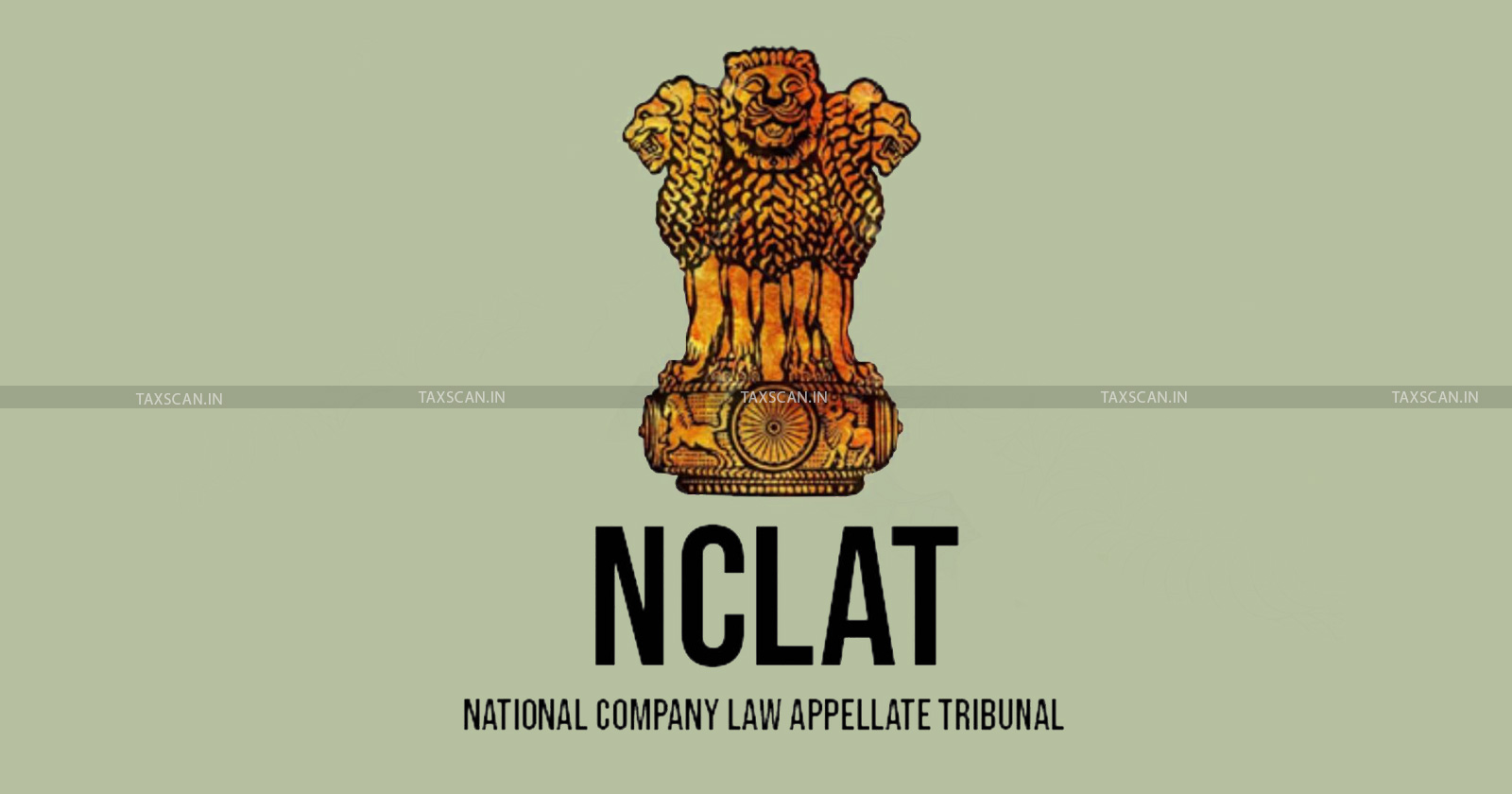Issuance of Demand Notice u/s 8 of IBC is Fulfilled by Documentary Evidence Including Postal Receipt: NCLAT [Read Order]
NCLAT holds that issuance of demand notice under Section 8 of IBC is fulfilled by the documentary evidence including postal receipt

NCLAT-National-companies-company-laws-Demand-notices-IBC-TAXSCAN
NCLAT-National-companies-company-laws-Demand-notices-IBC-TAXSCAN
The New Delhi Bench of the National Company Law Appellate Tribunal ( NCLAT ) held that the issuance of demand notice under Section 8 of the Insolvency and Bankruptcy Code, 2016 ( IBC ) is fulfilled by the documentary evidence including postal receipt.
The appeal was filed by Mr. Mukund Rajhans, Suspended Director Topaki Media Private Limited (“TMPL”) under Section 61 of the Insolvency and Bankruptcy Code, 2016 against the Order passed by the National Company Law Tribunal, Mumbai Bench whereby the Adjudicating Authority has admitted the Application under Section 9 of the IBC and CIRP proceeding have been initiated against the appellant.
The applicant claimed that, a petition under Section 9 of the IBC filed without delivery of a demand notice under Section 8 of the IBC is liable to be rejected at the outset. Further, Rule 5 of the Insolvency and Bankruptcy (Application to Adjudicating Authority) Rules, 2016 requires that the demand notice under Section 8 of the IBC, is served at the registered address of the Corporate Debtor. Further, Form 3 also specifies that the demand notice should be delivered to the registered address of the Corporate Debtor.
The Applicant claimed that the Respondent has falsely claimed that the demand notice was duly served upon TMPL. It further claims that it has failed to specify the exact date on which the said demand notice was served upon TMPL. The documents placed on record, like the tracking receipt or delivery acknowledgement are not sufficient to proof the delivery. The Applicant further claimed that there is a discrepancy in the address / addresses mentioned on the documents brought on record by the Respondent, with respect to the pin code. Therefore, the Respondent has not complied with the mandatory requirement of serving the demand notice under Section 8 of the IBC upon the registered upon the TMPL.
A Three Member Bench comprising Justice Ashok Bhushan, Chairperson, Barun Mitra, Member (Technical) and Arun Baroka, Member (Technical) observed that “The Adjudicating Authority has clearly brought out that as per records, the date of default is 12.12.2015. The TMPL acknowledged the debt and paid certain invoices and also facilitated in barter arrangement in the year 2017. Later on, there is an admission of liability by way of emails dated 21.07.2017 and again on 18.09.2017, which amounts to the admission of liability. Since there is an admission of liability on 18.09.2017, their cannot be any question of claims to be time barred as the period of limitation starts afresh from the date of admission of 18.09.2017. There is a clear admission with respect to the unpaid invoices / outstanding dues by the Corporate Debtor, with no dispute or denial of any kind.”
To Read the full text of the Order CLICK HERE
Support our journalism by subscribing to Taxscan premium. Follow us on Telegram for quick updates


